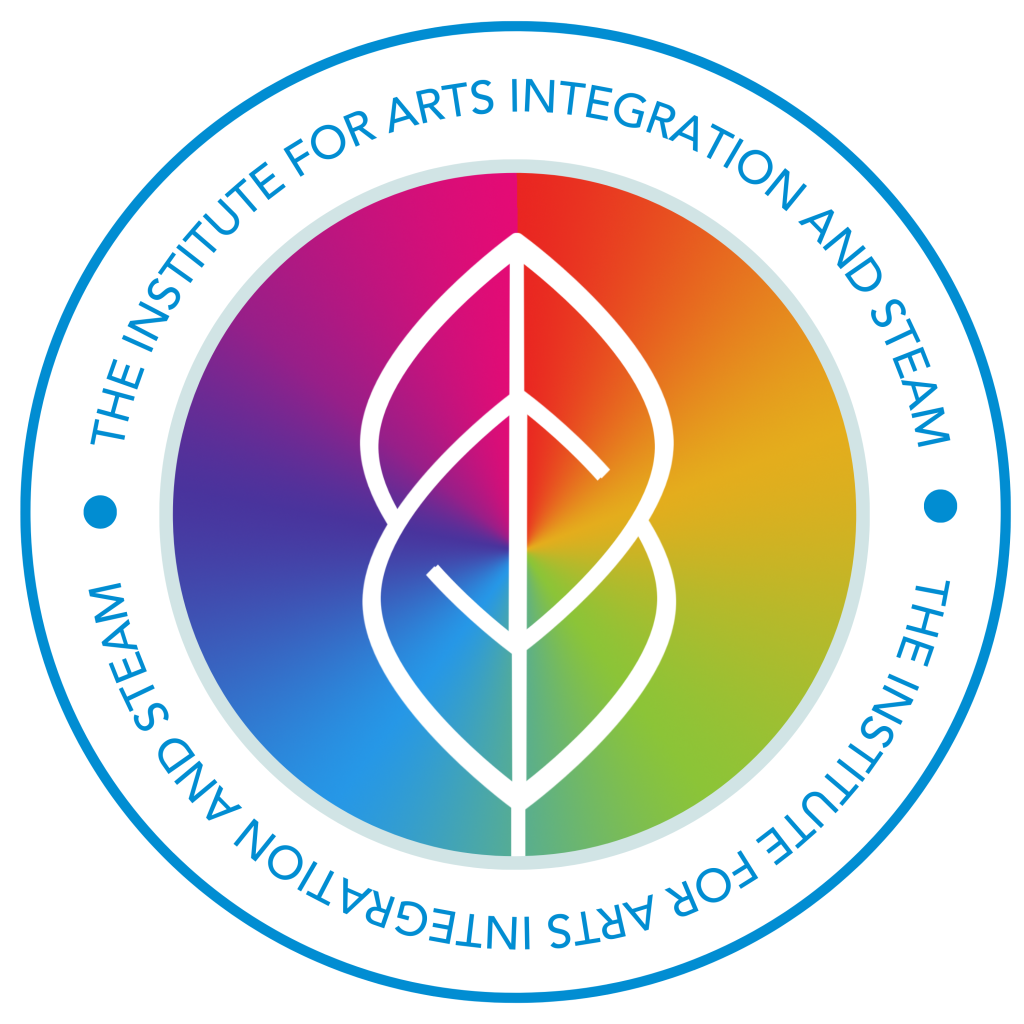Susan Riley | May 2013
Why Managing a Crisis is Easy
Have you ever noticed how comfortable people get when a “crisis” arrives in your building? That sounds a little odd, so let me put it another way. Which do you think people in your school would prefer: handling a crisis or being creative? If you have to think about that for more than 1 second, we’re in trouble.
In Schools, We’ve Grown Accustomed to Managing A Crisis.
It could be as small as little Sarah forgetting her lunch that day or as large as needing to redo your entire curriculum before the summer is over to meet newly imposed state regulations. Of course, then there are the true crisis situations that happen like in Newton and Columbine that we hope never hit our buildings. That’s not what I’m talking about, though. I’m referring that those moments when people in your building is panicking because a new problem has come along that they have to solve. We’re good at those. We almost expect those situations and are prepared (after much consternation, of course) to buckle down and work toward a solution.
I see this all the time when I present professional development. People look at their school culture, or curriculum, or assessments as a problem that has to be solved and they are up to the task of finding a solution. They sit pleasantly waiting for me to give them questions that they can work through as a group to provide an “answer”. They are ready and able.
But then I ask them to be creative.
Uh-oh. That threw a wrench into the mix. Nobody ever told them I would ask them that. And not just “be” creative, but to think creatively, and explore their own individual creativity through the use of various artistic lenses. You know that deer-in-headlights look? I can tell you honestly, I see that a lot.
People are uncomfortable with creativity in a group setting. They are more willing to solve a crisis than to open up to a world of possibilities and to create something new. Why is that? Well, for one thing, creativity makes you vulnerable. Many people believe that a crisis makes you vulnerable too, but not really. What a crisis does is suddenly present you with a list of choices that need to be made that lead to a right or wrong answer. If you make the wrong one, it’s easy to blame that on the other choices that were present. There’s a finite list involved somewhere.
By being creative, there is no right or wrong. There is just you and how you represent yourself. That’s scary. Plus, creativity forces us to step out of our comfort zones and into a space where people can judge our choices not on the black and white of “right” or “wrong” but by whether they liked it. We want people so badly to connect with us on the deepest levels that we care what they think. And by being asked to be creative, we are afraid they may not like us.
It’s time to get out of crisis mode and into creative mode.
It’s time that we became more comfortable with being creative as a team than with solving the problem of the day. Because all that managing these problems does is make us travelers that are overnight guests: we never stay in one place for very long. We’re only placing band-aids on the problems and not really solving them. Instead, by embracing creativity, we’re becoming residents in our schools – we’re unpacking our bags and sticking around. And when we do that, we’re able to dig to the root of the problem and discover new ways to heal it from the inside, out.



